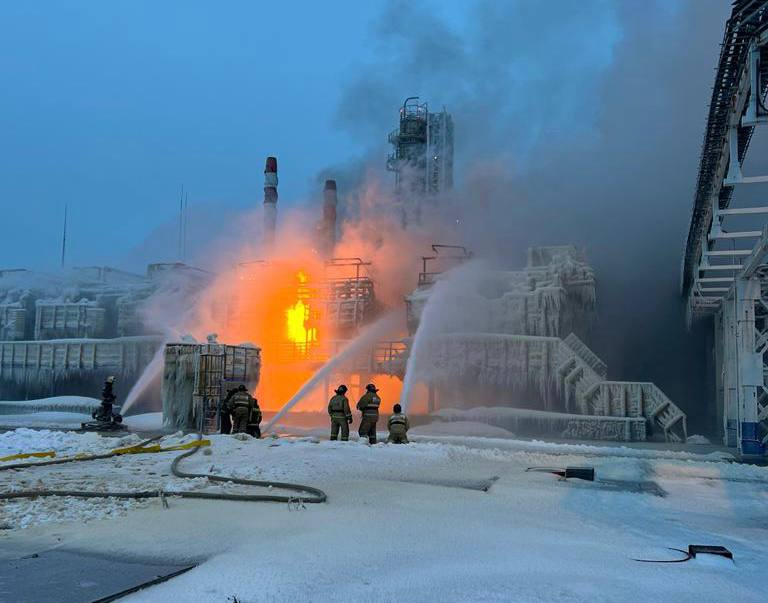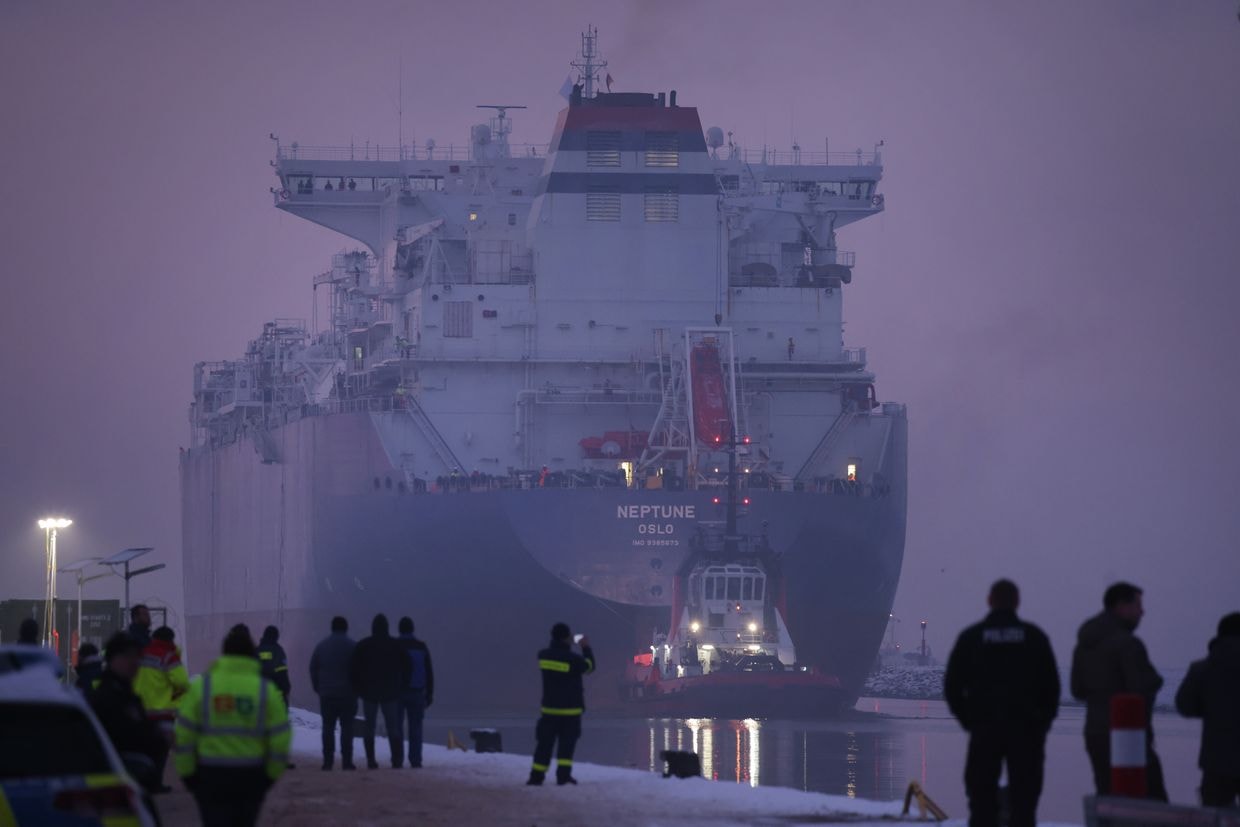BBC: Reports suggest Russian oil entering UK through refinery loophole

Despite imposed sanctions over the war in Ukraine, millions of barrels of fuel derived from Russian oil continue to be imported into the U.K., BBC reports citing findings by Center for Research on Energy and Clean Air as well as Global Witness.
A loophole allows Russian crude to be processed in countries like India, and the resulting products are then sold to the U.K. While this practice is not illegal and does not violate the UK's ban on Russian oil, critics argue that it undermines sanctions aimed at limiting Russia's war funds.
The U.K. is among many countries to ban the import of all oil and oil products that originate in Russia. The country does not allow any imports of Russian oil since 2022, asserting that internationally recognized "rules of origin" consider refined crude from another country as originating from the refining nation for trade purposes.
"The issue with this loophole is that it increases the demand for Russian crude and enables higher sales in terms of volume and pushing up their price as well, which increases the funds sent to the Kremlin's war chest," Isaac Levi, who heads the CREA's Europe-Russia policy and energy analysis, told BBC.
In a separate research paper, the advocacy group Global Witness said that in 2023, around 5.2 million barrels of refined petroleum products derived from Russian crude oil were brought into the U.K. The majority of the imported fuel, totaling 4.6 million barrels, consisted of jet fuel. The researchers suggested it was used in one in 20 U.K. flights.
Lela Stanley, campaign lead for the Ukraine team at Global Witness, said while "the UK government falls over itself to decry the war in Ukraine, it remains complicit in the sale of Russian oil by keeping this refining loophole open," according to BBC.
Both reports asserted that the described loophole indirectly generated over $135 million in tax revenues for the Kremlin.
CREA and Global Witness relied on oil shipment figures from data and analytics firm Kpler, using pricing data from Eurostat and other sources for their estimates. Both organizations acknowledged the reports contained assumptions and admitted facing challenges and limitations in analyzing such trade.












